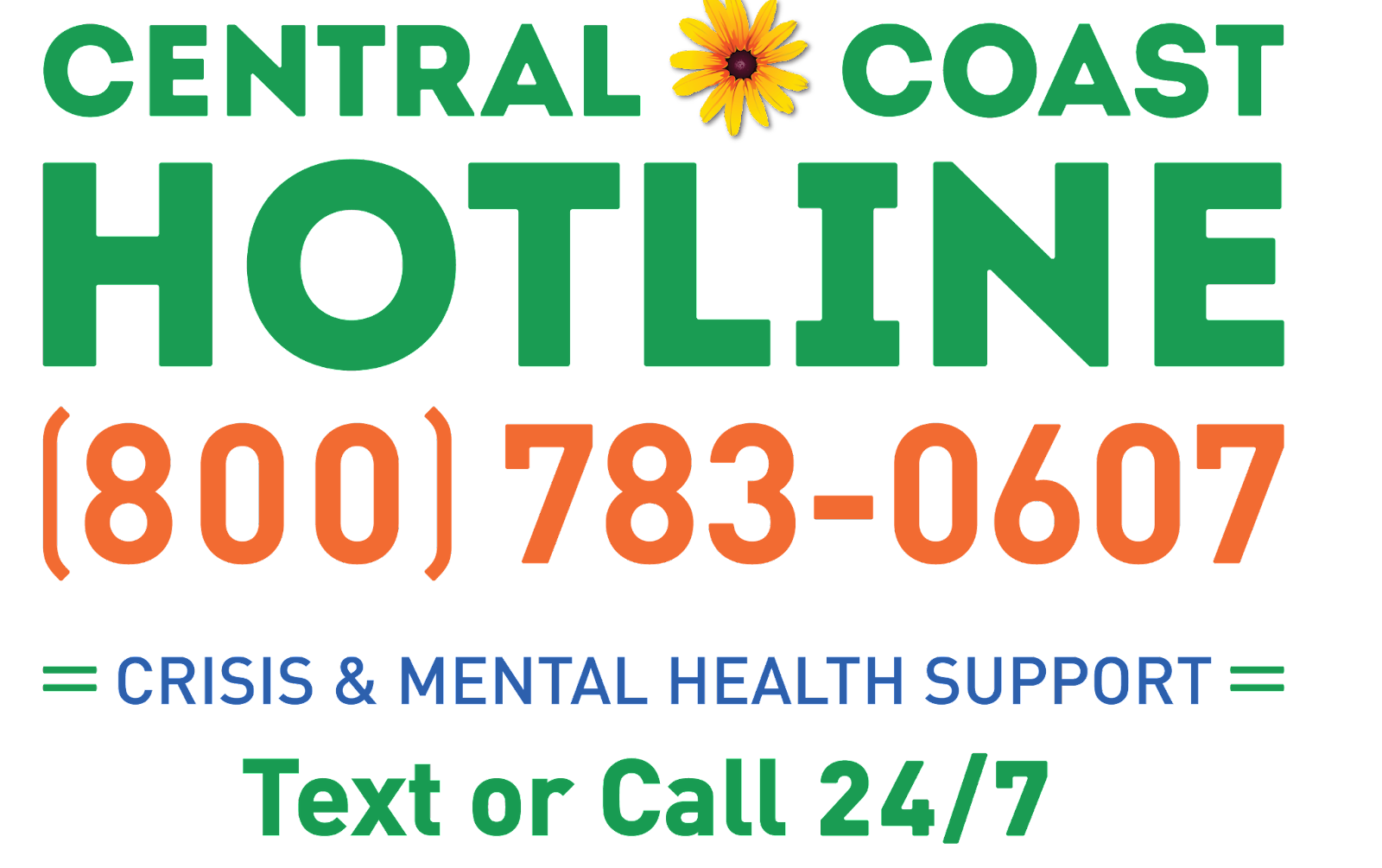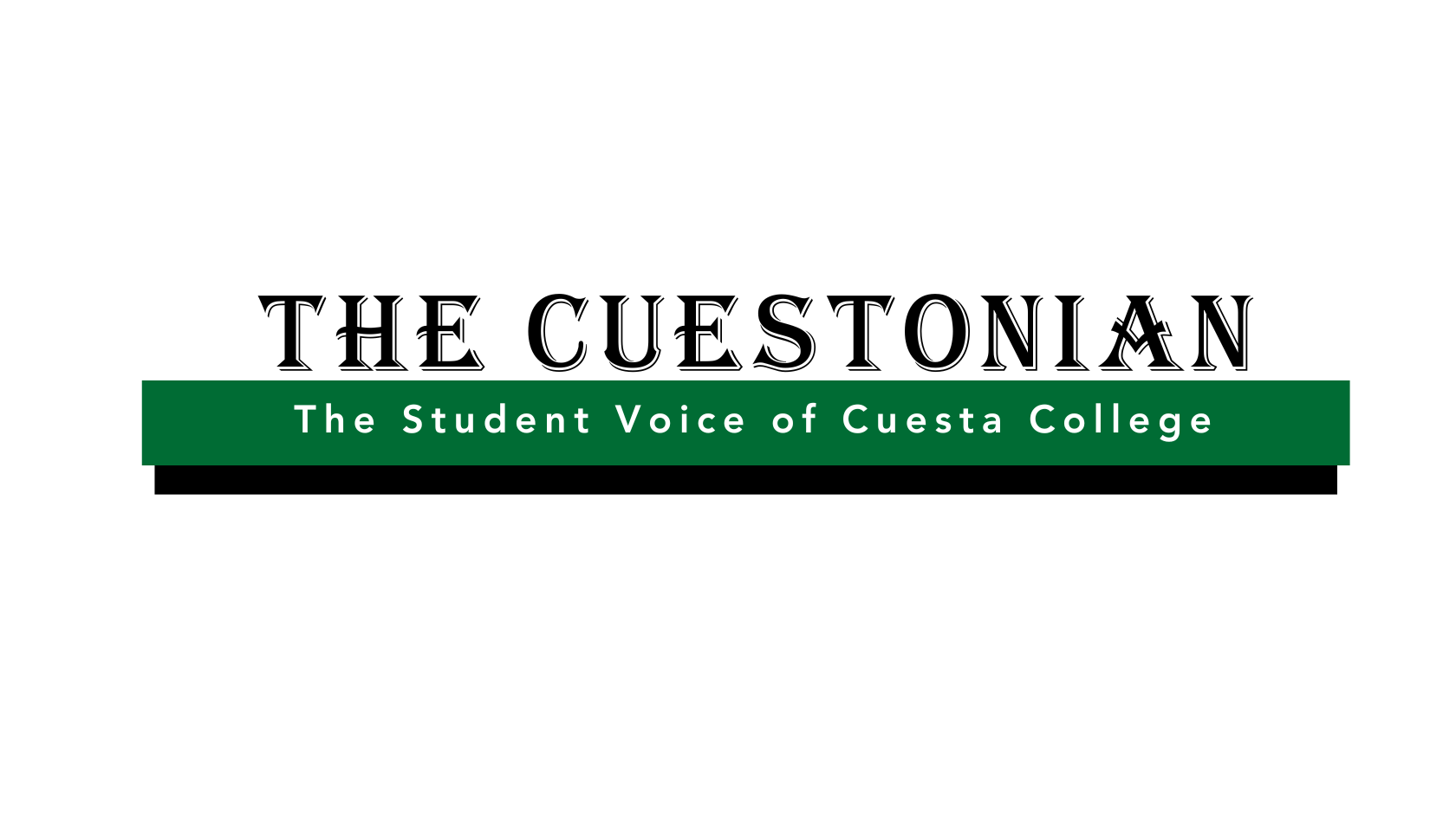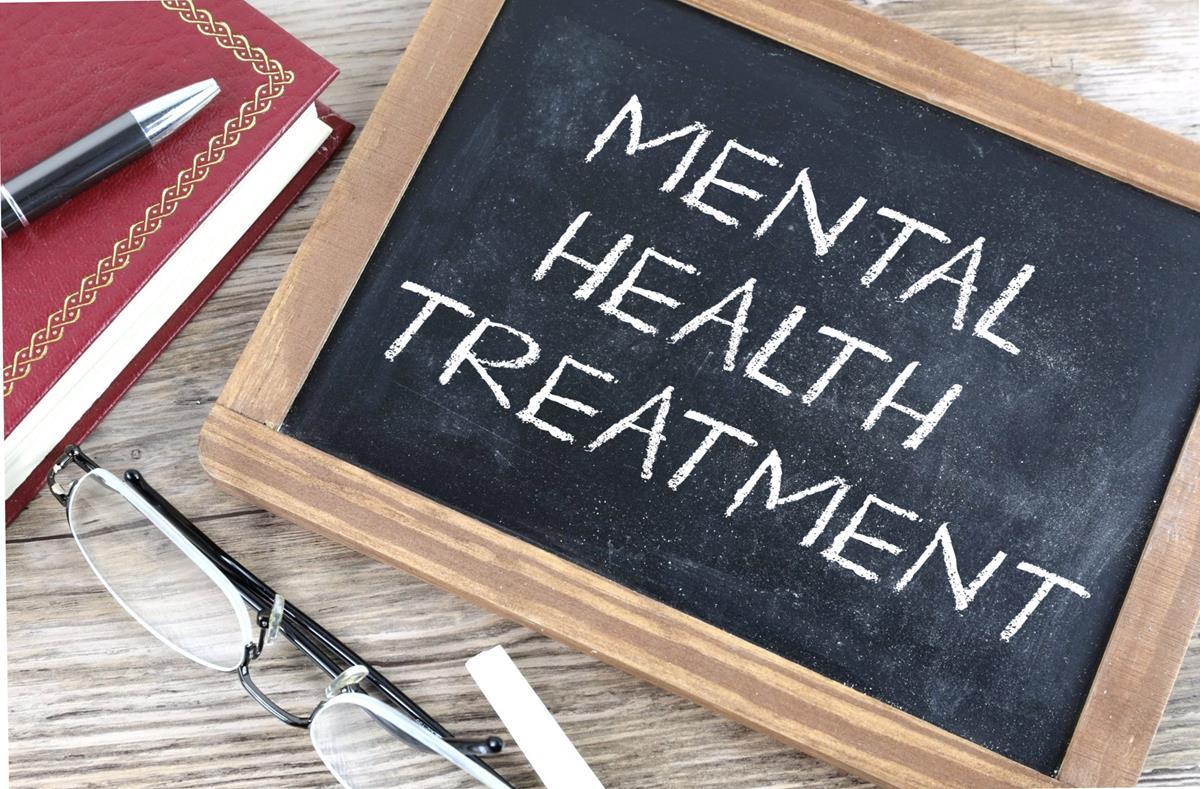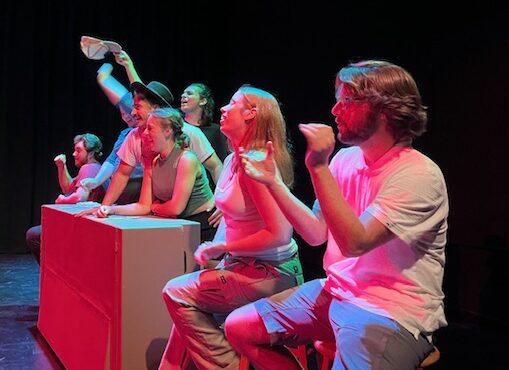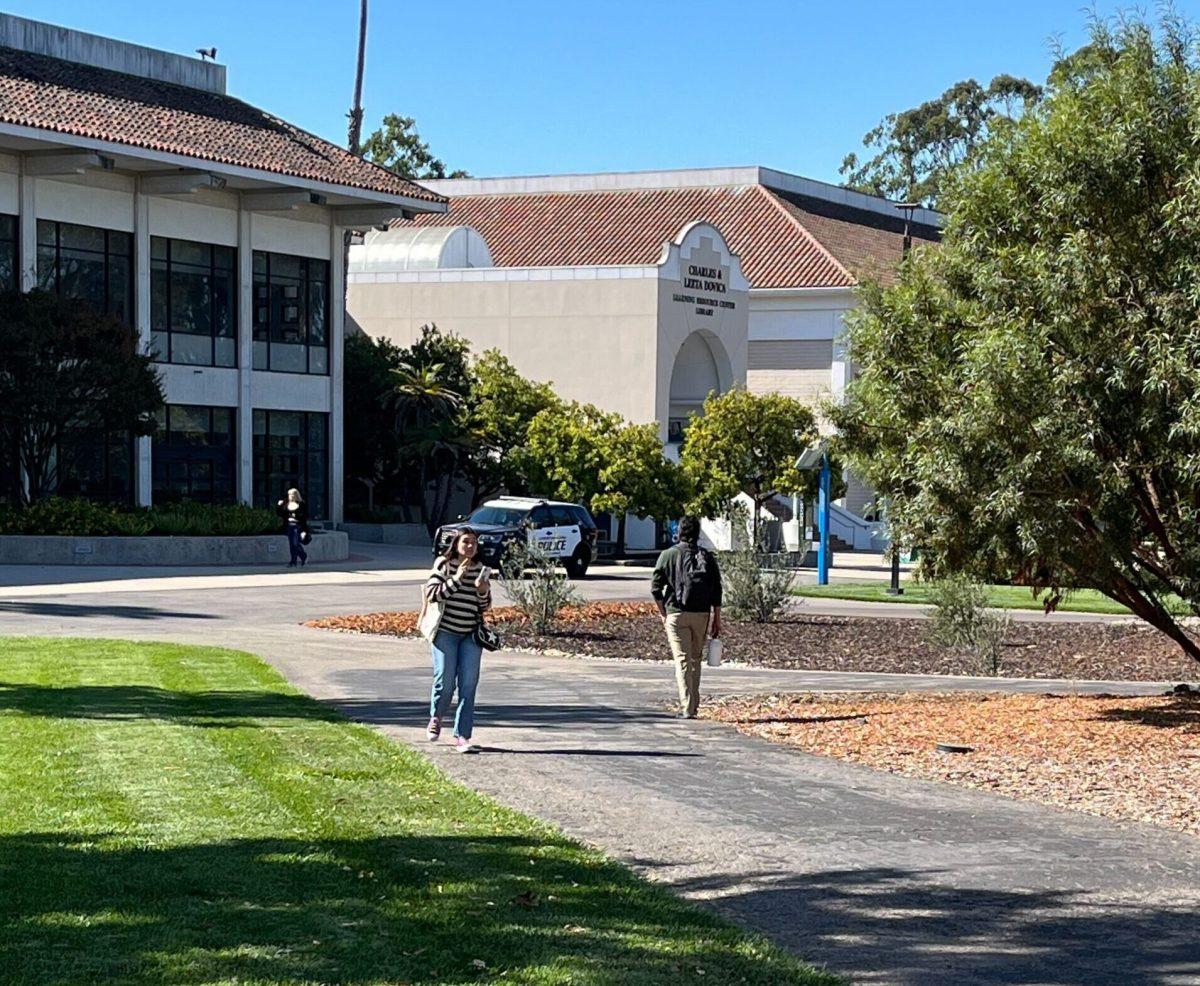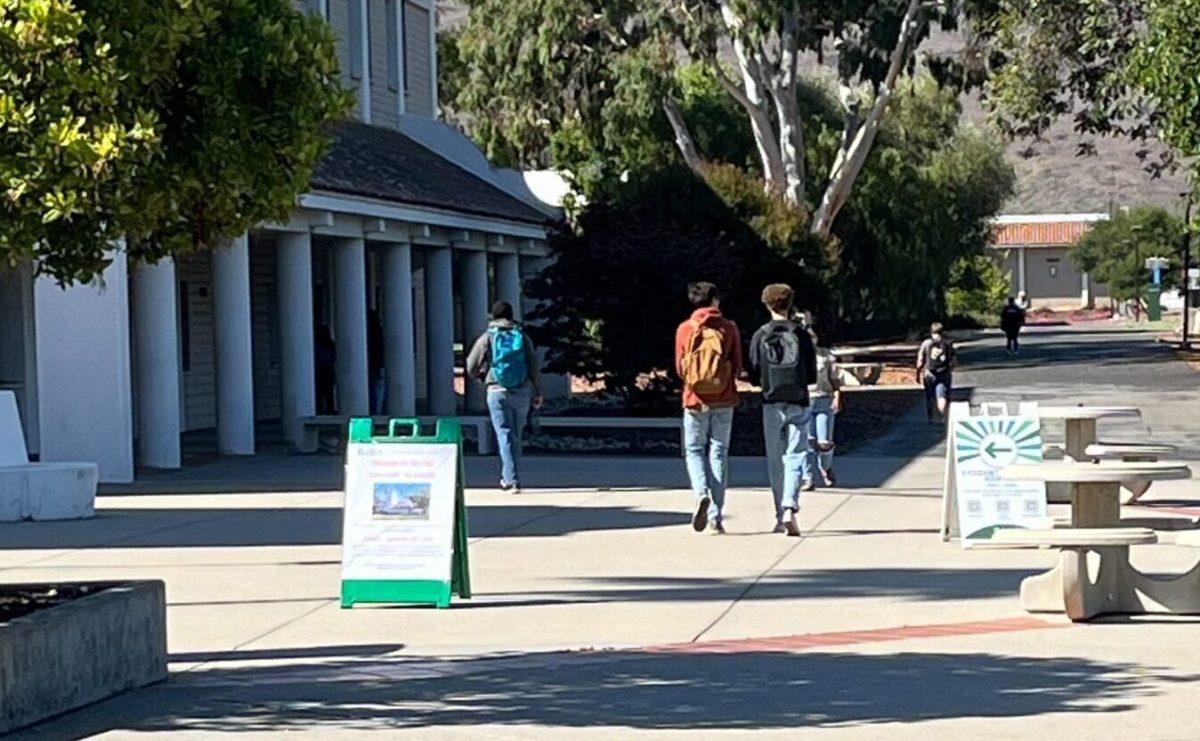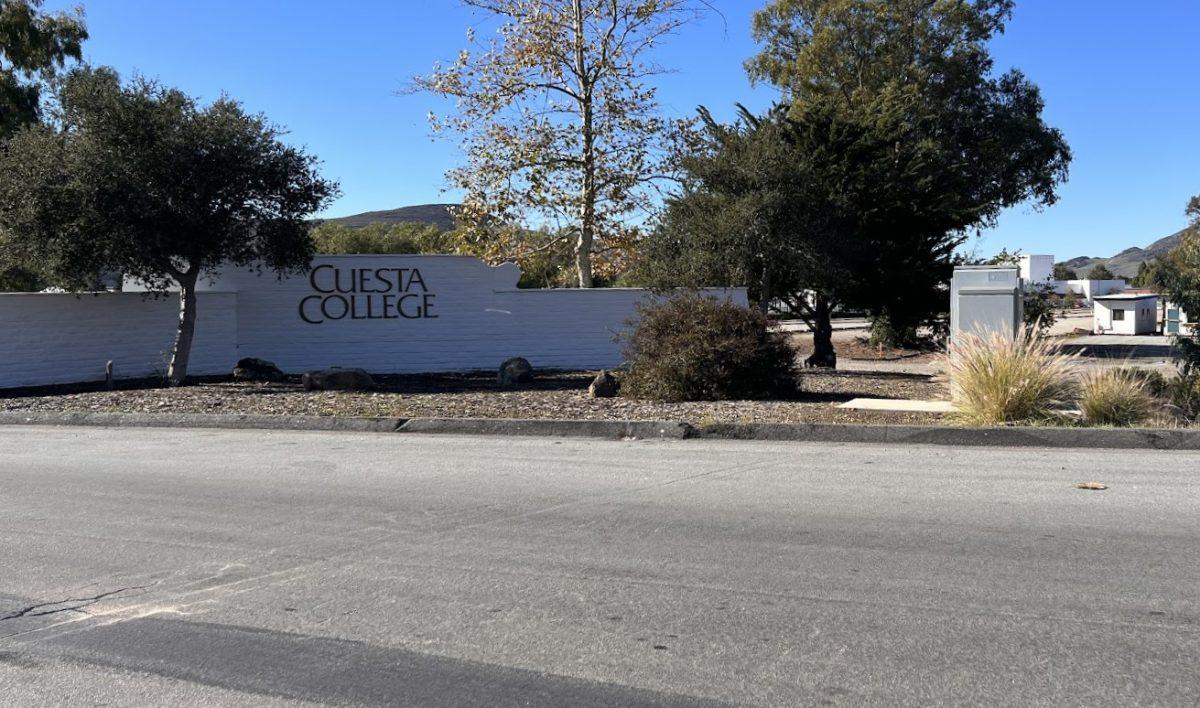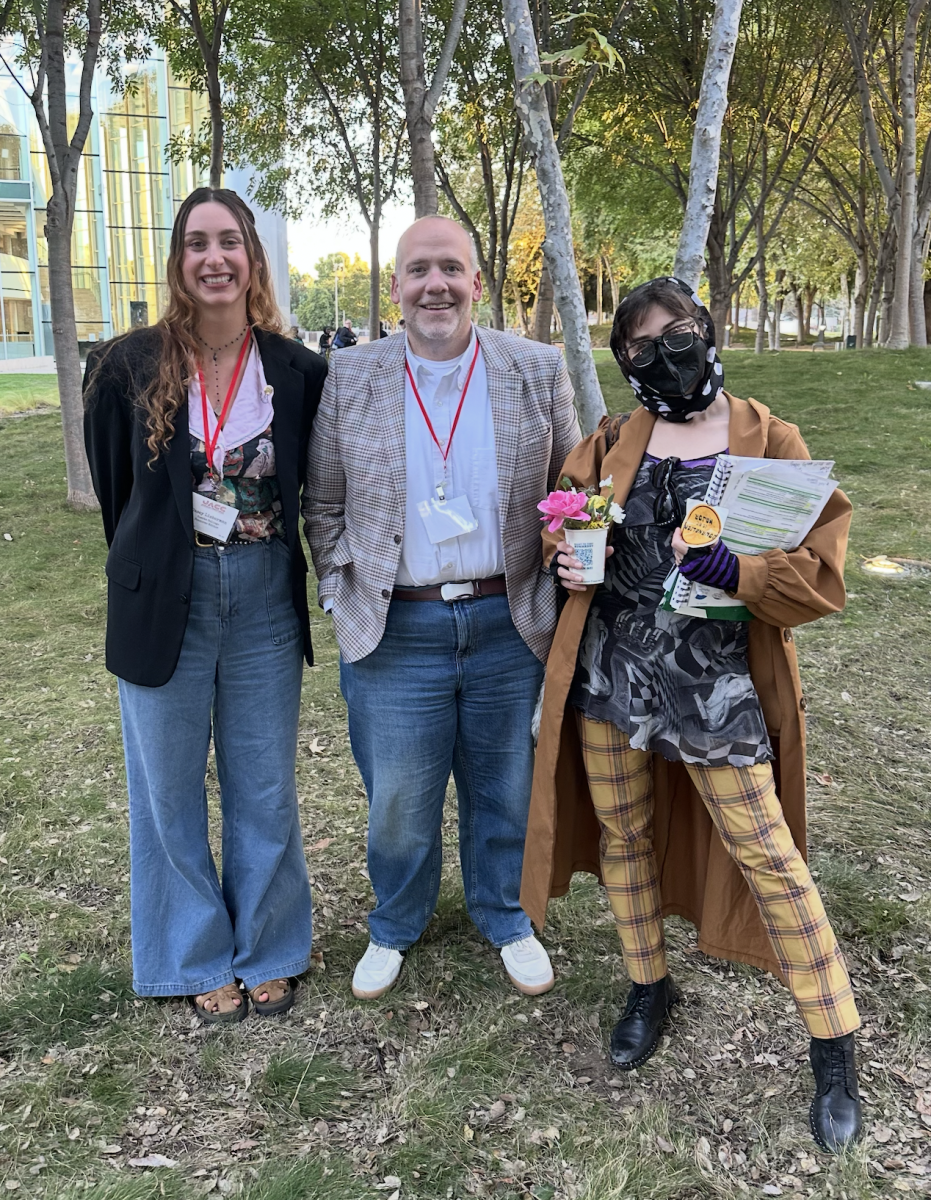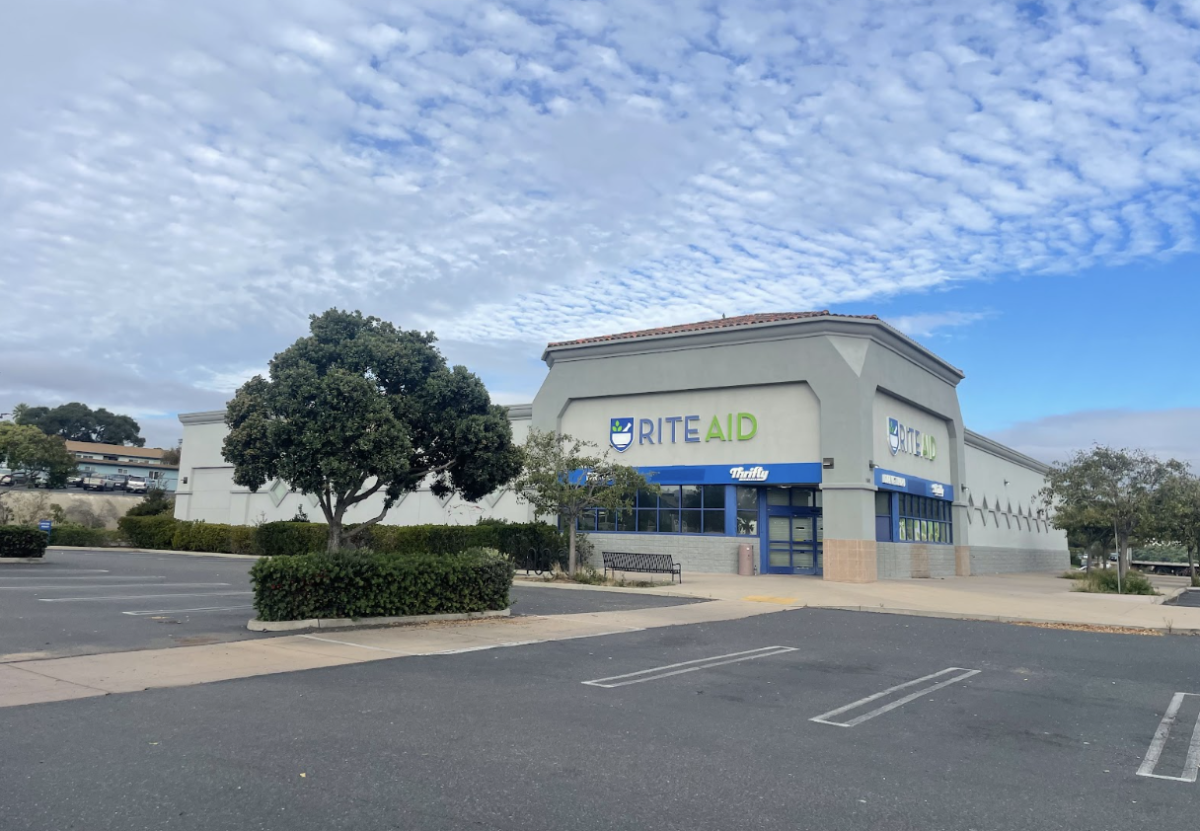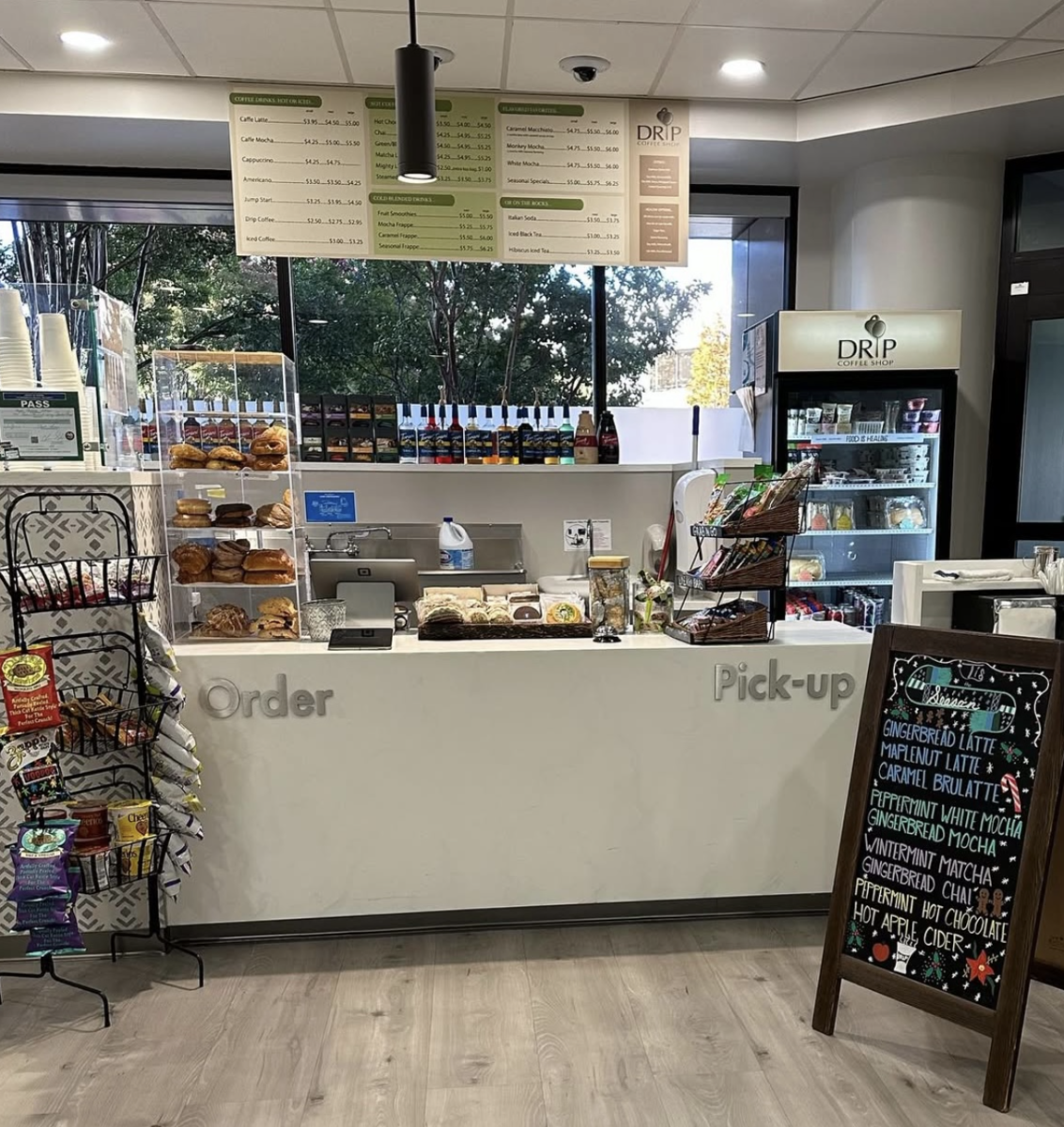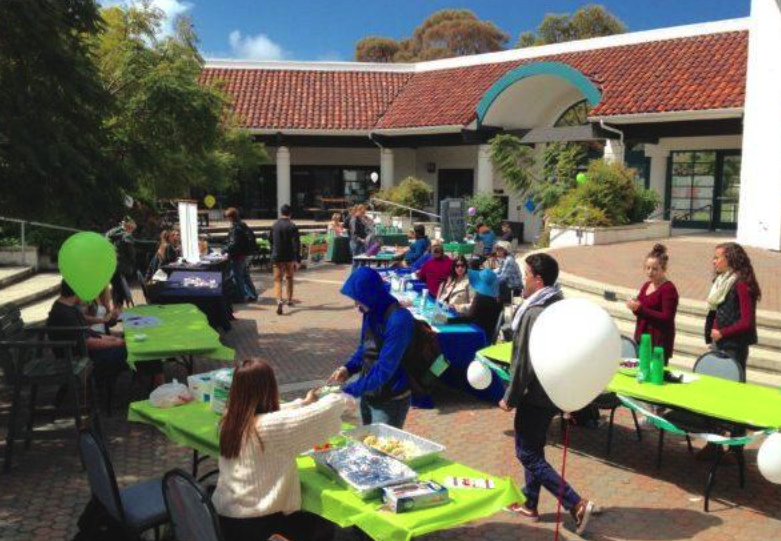Mental health has been a focus for many since the COVID pandemic.
As a result, organizations that provide mental health services have been trying to make it easier for people to reach out. The recent addition of the 988 Text Hotline that rolled out July 2022 nationwide has opened up channels for more people to seek help in times of crisis, particularly those who are members of younger generations.
Local services that provide mental health assistance have been working hard to meet the demands of a worried, stressed out public. Despite the fact that the bulk of the outbreak has subsided, concerns about lingering mental health issues remain.
The Central Coast Hotline, in service for over 50 years, offers San Luis Obispo and Santa Barbara County residents a wide variety of mental health resources by triaging with local law enforcement and the counties who are members of the mobile crisis team. The Hotline is staffed 24 hours a day, 365 days a year by trained crisis line specialists who are there to help if you or a loved one is in need, you need a resource, or a compassionate ear to listen.
Michael Bossenberry, now retired, worked for over 40 years at The Central Coast Hotline, training staff and managing the Hotline as a crisis responder.
“I joined the hotline in 1979 as a volunteer while I was going to Cal Poly at the time,” said Bossenberry. “I think it was around 1986 when I was hired for a position as a program assistant and then became a program coordinator a little later.”
Knowing how to respond to a person who is in crisis is a learned skill. Trained responders like Bossenberry can mean the difference between life and death in emergency situations.
Roles like his are critical. And Bossenberry says people need to get the word out about mental health.
“I’m reminded of a program that I saw on the PBS news, where they were talking about the ‘stigma’.” said Bossenberry. “This program focused on ‘stigma’ associated with suicide, and the stigma that exists for people who have lost someone who died by suicide. The underlying cause for the majority of people who think about and attempt suicide are mental health challenge that are unique to each person.
“Anything that can be done to de-stigmatize the discussion around mental health, or suicide, is something that should be addressed.”
De-stigmatizing the topics surrounding the mental health crisis is vital for reaching the core of the problem, particularly on college campuses in the U.S. Whether the stigma is in regards to income concerns, racial mistreatment or addiction recovery, engaging the public directly, and offering a helping hand to those in need, is something we can all do to increase outreach.
As many know, mental health challenges among college students are at an all time high, with suicide being the second leading cause of death among the demographic. In an effort to address the growing problem, as of December 2022, the Central Coast Hotline offers 24/7 texting on top of their previously available services, so that they can better reach this increasingly vulnerable population.
“Certainly the advent of the text hotline as a way for people to reach for assistance is a major step forward,” Bossenberry said. “And yes, the statistics, the analysis, the research and the reports of people from Cuesta, Cal Poly and other universities and colleges across the country indicate that there is an increased need for mental health services.”
In times of crisis, hotlines like Central Coast Hotline can serve as a lifeline to students who are in need. For people who are looking for on-campus solutions, mental health services are available on the Cuesta College website. They offer free mental health screenings, 24/7 online wellness coaching and professional therapists who can help you with any issues you may be going through.

“The biggest issue I hear from college students is burnout,” said a student volunteer at The Central Coast Hotline. “On hotline, I have seen this mostly from students who are forcibly burnt out, as they need a job to support themselves. At Poly specifically, there are posters saying outside of classes you should be spending 25-35 hours a week studying.
“Add 15, 20, or even more hours of work on top of that and it’s a recipe for burnout.”
Addressing the concerns of stressed-out students, before emotional exhaustion turns into a full-blown crisis, is one of the best ways to combat mental health concerns and rising suicide rates on campus.
“The depth of these mental health issues has become so severe that it’s affecting college students’ ability to persevere in their studies,” said Mary Ellen Flannery, a senior writer for NEA Today. “Four in 10 college students have recently considered withdrawing from college. And the number-one reason why? ‘Emotional stress.’”
The Central Coast Hotline, in conjunction with Transitions Mental Health Association and local health officials, is working around the clock to make sure that individuals and students who are experiencing these emotional stressors have a healthy outlet for their concerns. Whether it’s anxiety, depression, PTSD or just stress, SLO County and its hotline offer immediate, quality treatment for people who may be suffering.
